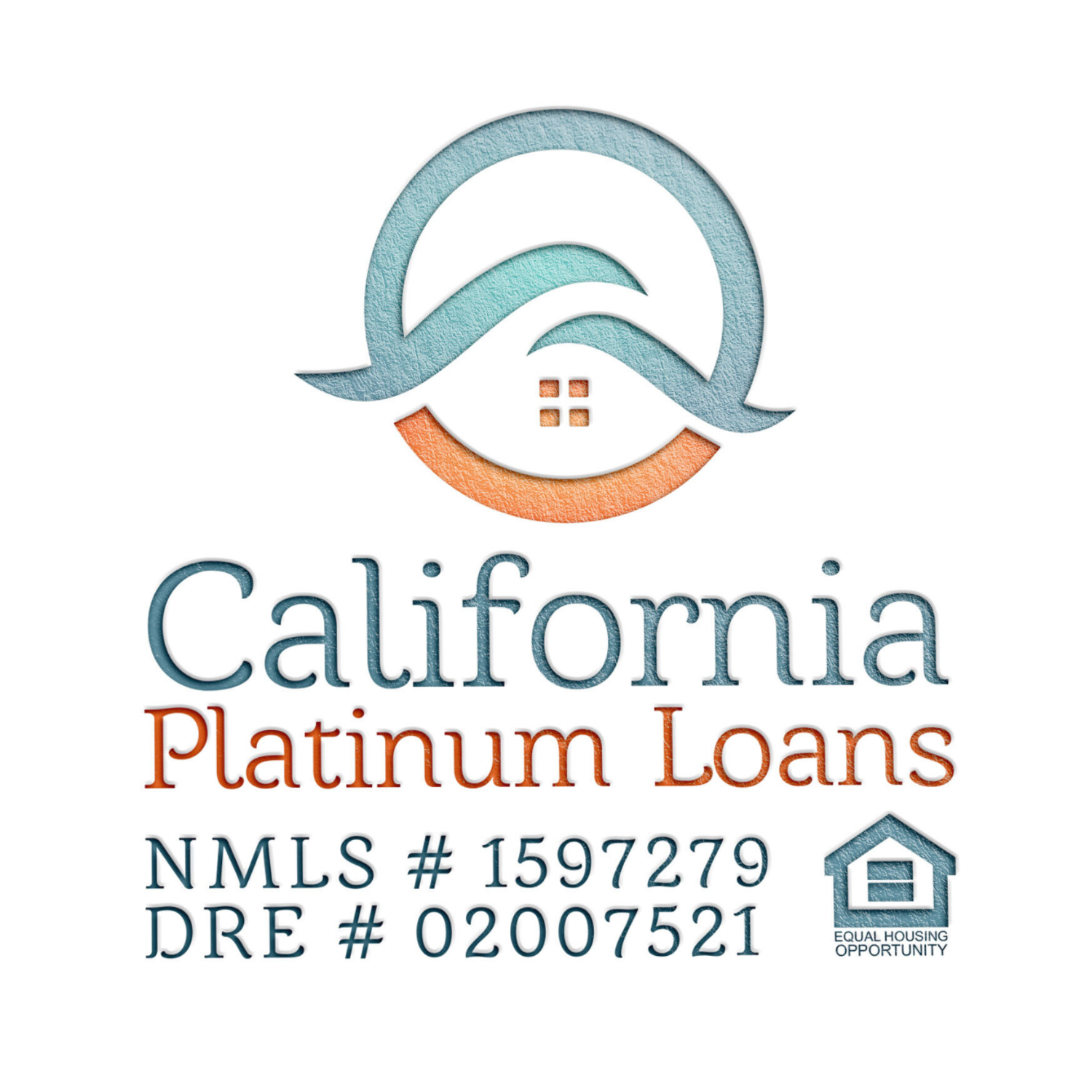Deciphering the Jumbo Lexicon
For the uninitiated, a jumbo mortgage stands apart for its size, typically exceeding standard loan limits. But the exact threshold varies. In many U.S. counties, it’s any mortgage over $484,350. However, in high-end markets like LA and Orange counties, the jumbo cut-off rises to over $726,525, with ‘super jumbo mortgages’ soaring even higher, sometimes into the $10M to $20M range.
10 Vital Insights into Jumbo Mortgage
- Nonconforming Nature: Jumbo loans are termed nonconforming because they surpass the loan limits set for entities like Fannie Mae and Freddie Mac.
- Conventional Yet Nonconforming: Despite being nonconforming, jumbo loans are still conventional mortgages, which means they aren’t government-insured.
- Versatile Interest Rates: Interest rates on these loans can be either fixed or come with an adjustable APR.
- Sturdy Credit is Crucial: The credit score prerequisites for jumbo loans are stringent, often demanding scores of 700-720 or even higher.
- Low DTI Ratio: Ideally, your debt-to-income (DTI) ratio should be below 45%. While there are options with higher DTIs, they come with a higher interest rate.
- Cash Reserves: Lenders often expect proof of sufficient cash reserves covering up to a year’s mortgage payments.
- Paperwork Galore: The documentation for jumbo mortgages is comprehensive, encompassing tax returns, bank statements, investment accounts, and sometimes more.
- Double Appraisals: Given the risk they represent, lenders might seek two appraisals to ascertain the property’s value.
- Hefty Down Payments: A significant down payment, ranging from the values of 10% to 20% of the purchase price, is a given with jumbo loans.
- Competitive Interest Rates: Interestingly, in markets like California, jumbo mortgage rates can be as competitive as, or even lower than, those for standard loans.
Beyond Borders: Jumbo Loans for Non-US Citizens
A noteworthy mention is that these oversized loans aren’t exclusive to U.S. citizens. Permanent residents and even foreign nationals can venture into the jumbo or super jumbo mortgage realm, opening doors to opulent properties and luxury dwellings.
Jumbo mortgages might seem daunting with their voluminous nature and intricate requirements. However, they pave the way to prestigious properties and upscale residences. So, if a luxurious home in LA, Orange County, or any premium locale is on your horizon, arm yourself with this knowledge, collaborate with a jumbo mortgage expert, and make that dream a reality.

